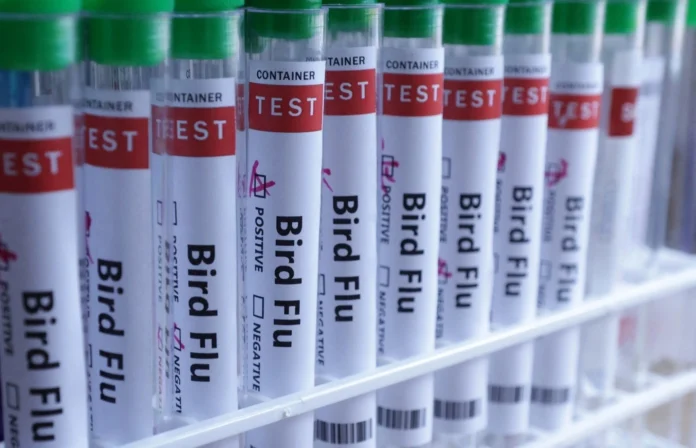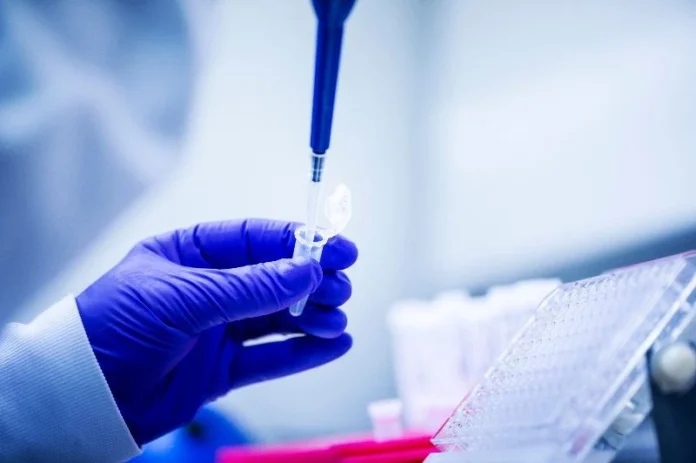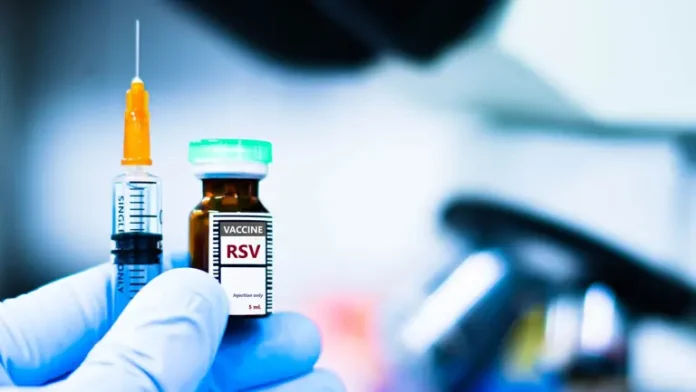US FDA approves Sanofi’s bleeding disorder therapy
The U.S. Food and Drug Administration approved French drugmaker Sanofi’s (SASY.PA), opens new tab hemophilia therapy, introducing a new type of treatment administered every two months for patients with the rare blood clotting disorder, the regulator said on Friday.
U.S.-listed shares of Paris-based Sanofi closed 1.7% higher.
Sanofi’s subcutaneous, or under-the-skin, therapy helps prevent bleeding and lowers antithrombin, a protein that delays blood clotting, for hemophilia patients aged 12 and older.
Branded as Qfitlia, the therapy will be available in April with an annual list price of $642,000 for the majority of patients, Brian Foard, head of specialty care at Sanofi, told Reuters ahead of the approval.
The first-in-class treatment is given bimonthly for people with hemophilia A or B, with or without inhibitors, compared with treatments such as Pfizer’s (PFE.N), opens new tab weekly injection Hympavzi and Novo Nordisk’s (NOVOb.CO), opens new tab daily Alhemo.
“If you can take a drug every other month, that’s also an incredible simplification and improvement in your quality of life,” said Margaret Ragni, professor at the University of Pittsburgh.
The hemophilia market has been dominated by factor replacement therapies for decades. However, recently, gene therapies such as CSL’s (CSL.AX), opens new tab Hemgenix and BioMarin Pharmaceutical’s (BMRN.O), opens new tab Roctavian have been approved as an alternative in the United States.
People with hemophilia have a defect in a gene that regulates the production of proteins called clotting factors, causing spontaneous and severe bleeding following injuries or surgery.
Hemophilia A is caused by a lack of blood clotting factor VIII, while those with hemophilia B lack factor IX.
As many as 33,000 males are estimated to be living with hemophilia in the United States, according to the U.S. Centers for Disease Control and Prevention.
In trials, Qfitlia reduced annualized bleeding rates by 90%, compared to the control arms, showing a meaningful improvement in bleeding episodes over on-demand treatments.











